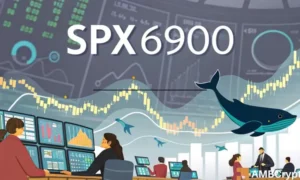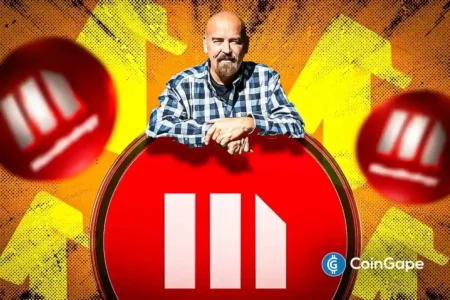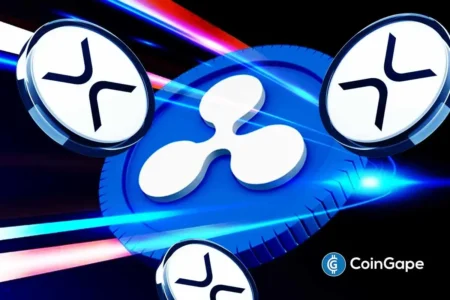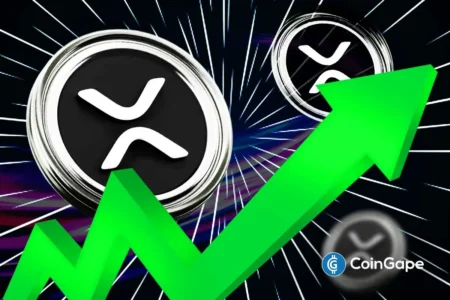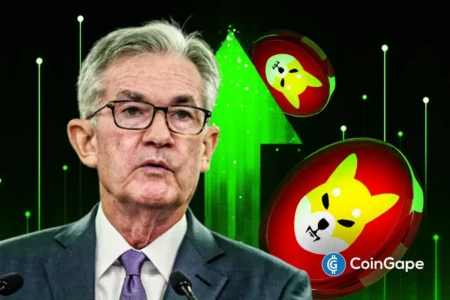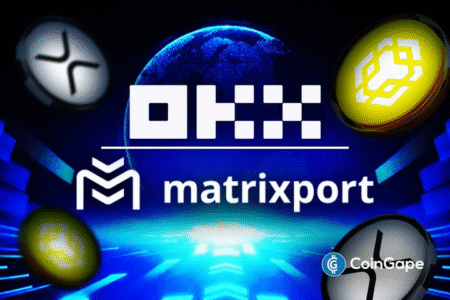Do Kwon’s Guilty Plea Marks a Historic Moment in Crypto Regulation
Do Kwon, the co-founder of Terraform Labs, has confirmed his intentions to plead guilty to two crucial criminal charges in the United States, relating to the catastrophic collapse of the TerraUSD and Luna cryptocurrencies. During a hearing presided over by U.S. District Judge Paul Engelmayer in Manhattan, Kwon agreed to plead guilty to conspiracy to defraud and wire fraud. This agreement comes with significant implications for his future, including a potential prison sentence, as the prosecution suggests a cap of 25 years, while offering a possible reduction to 12 years if Kwon shows remorse and refrains from further criminal conduct.
The Landscape of the TerraUSD Collapse
The collapse of TerraUSD, an algorithmic stablecoin designed to retain a value of $1, reverberated throughout the cryptocurrency landscape, resulting in investor losses estimated at $40 billion. Prosecutors allege that Kwon misled investors by falsely claiming that the token’s stability was ensured through an automated protocol. In reality, it was reportedly propped up by undisclosed arrangements with a trading firm, leading to artificial value inflation that peaked with a $50 billion valuation of Luna in early 2022. This manipulation not only eroded trust in the project but also triggered a wave of bankruptcies and increased scrutiny from regulators globally.
Legal Maneuvering and Implications
Kwon’s change from a staunch denial of wrongdoing to a guilty plea reflects a strategic decision to avoid a lengthy trial, initially scheduled for January 2026. The plea agreement, confirmed by Judge Engelmayer, stipulates that Kwon cannot contest any sentence under 25 years. Moreover, if he takes responsibility for his actions, the government may advocate for a reduced sentence. This legal strategy initiated by Kwon symbolizes a crucial moment in the evolving relationship between cryptocurrency innovation and regulatory oversight.
The Fallout from the Crypto Crisis
The fallout from the TerraUSD collapse extended far beyond Kwon and his company. The incident catalyzed a broader reevaluation of the cryptocurrency sector, prompting regulatory bodies worldwide to tighten their grip on digital assets. Numerous companies faced scrutiny, and investor confidence plummeted, forcing many crypto entities to reassess their operations and compliance frameworks. Kwon’s case serves as a stark warning to both investors and developers regarding the risks inherent in the burgeoning cryptocurrency landscape.
Reaction from the Crypto Community
The crypto community reacted strongly to Kwon’s plea agreement, reflecting deep divisions regarding accountability and innovation in the sector. Bloomberg analyst James Seyffart noted that this development indicates a lack of trial for Kwon and the Terra project, which once epitomized the promise of decentralized finance. This sentiment is echoed by many stakeholders concerned about trust and integrity in the cryptocurrency market. As Kwon’s story unfolds, it triggers discussions about how emerging technologies can coexist with regulatory measures.
Conclusion: The Future of Crypto Regulation
Kwon’s guilty plea marks a pivotal moment in the cryptocurrency narrative, signaling a shift from innovation to accountability. As regulatory frameworks develop to address the challenges presented by digital currencies, the fallout from the TerraUSD collapse highlights the need for transparency, ethical conduct, and investor protection. The crypto community must adapt to a landscape increasingly shaped by scrutiny and legal frameworks, balancing the drive for innovation with the imperatives of responsible governance. With Kwon’s fate yet to be decided, the implications of this case will continue to unfold, shaping the future of crypto regulation and investment.
This article offers an optimized blend of relevant keywords and insights that serve to enhance search engine visibility while conveying essential information about Kwon’s guilty plea and its broader implications.


